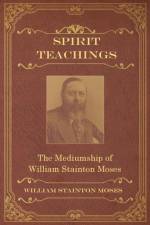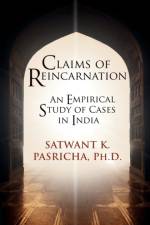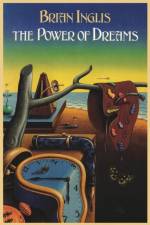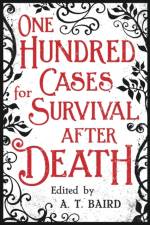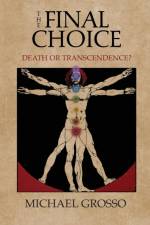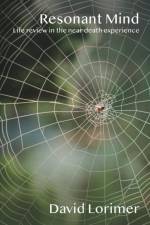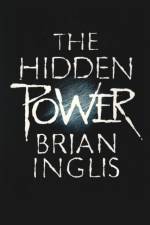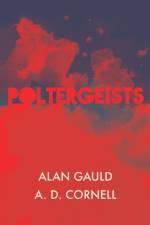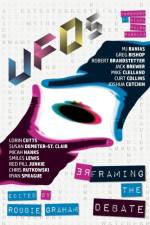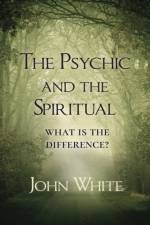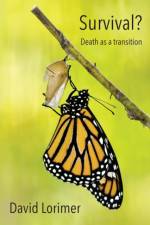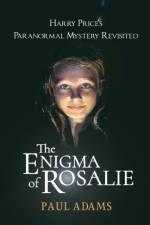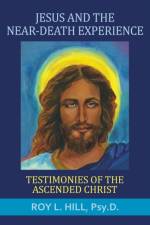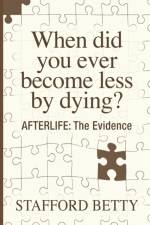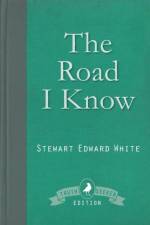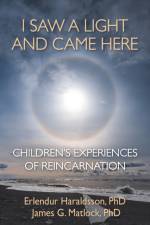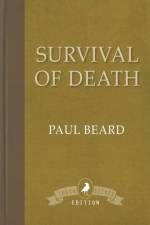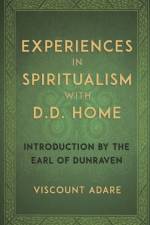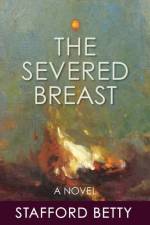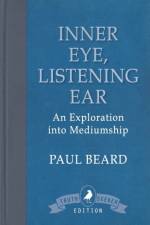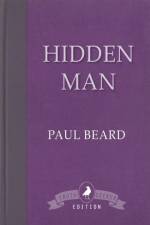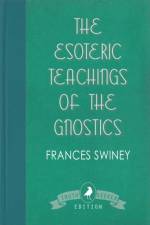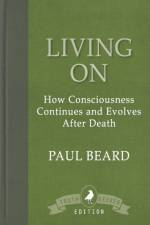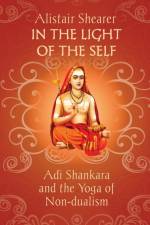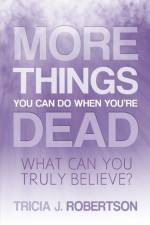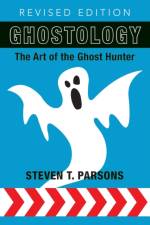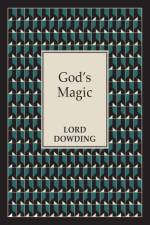- Science, Scepticism and Psi
av Brian Inglis
257
What exactly is psi? Why has the paranormal consistently been condemned by the scientific establishment? Why have its manifestations - ESP, psychokinesis, poltergeists and so on, which have been reported from every era, from every part of the world and all its walks of life - been so scathingly dismissed by supporters of scientism? Brian Inglis was bought up to regard science 'almost as a religion'. Such, he now fears, is precisely what it has become. Like other faiths, 'scientism' has developed dogmas which are founded, the faithful believe, on scientific facts, but which in reality are derived largely from the materialist assumptions of the Victorian physicists. Many of these assumptions, he argues, have now been revealed as fallacious, yet the scientific establishment clings to them tenuously. In this fascinating and remarkably clear study of attitudes, Inglis is concerned principally with the massive accumulation of evidence - historical, anecdotal and experimental - for the existence of action and communication at a distance of a kind which does not fit materialistic preconceptions. The force, all forces involved - for convenience labeled psi - can be observed in operation, at all biological levels, in the behaviour of plants, insects, animals and people, and Inglis has collected a striking body of evidence to illustrate the fact. He also examines how the force has been demonstrated in recent times - to the satisfaction of eminent quantum physicists. Yet, as the author shows, scientism's reaction has been either to ignore the evidence, pointing to some kind of extrasensory perception at work, or to explain it away with the help of far-fetched scientific theories which, however implausible, at least accord with prevailing scientific dogma. More alarming than this, Inglis reveals how some of the defenders of the faith have used their authority to stamp out heresy and discredit those, past and present, who have been courageous enough to explore this territory, in defiance of scientism's edicts. Heretics (and their works) may no longer be burned, but their academic prospects can be blighted and their reputations damaged. That the public should have been so misled by distorted versions of facts which would tend to support the case for psi is the most alarming disclosure to emerge from Inglis's investigation. The Hidden Poweris far from being merely a debunking of the debunkers. There has been no comparable survey of the psi evidence, including the flaws, to date, and none which so effectively removes the subject from its former murky associations. Bernard Levin said of Inglis's earlier book, Natural and Supernatural, 'I believe it to be an extraordinary important and valuable work, sensational in what it contains and even more so its implications … he has piled up a mountain of evidence, searchingly examined and scrupulously evaluated. Arthur Koestler praised that work for being 'both scholarly and readable'. Now, in this book, Inglis points to a clear way forward in our understanding of the hidden power which is universally denied any useful application in everyday affairs.

